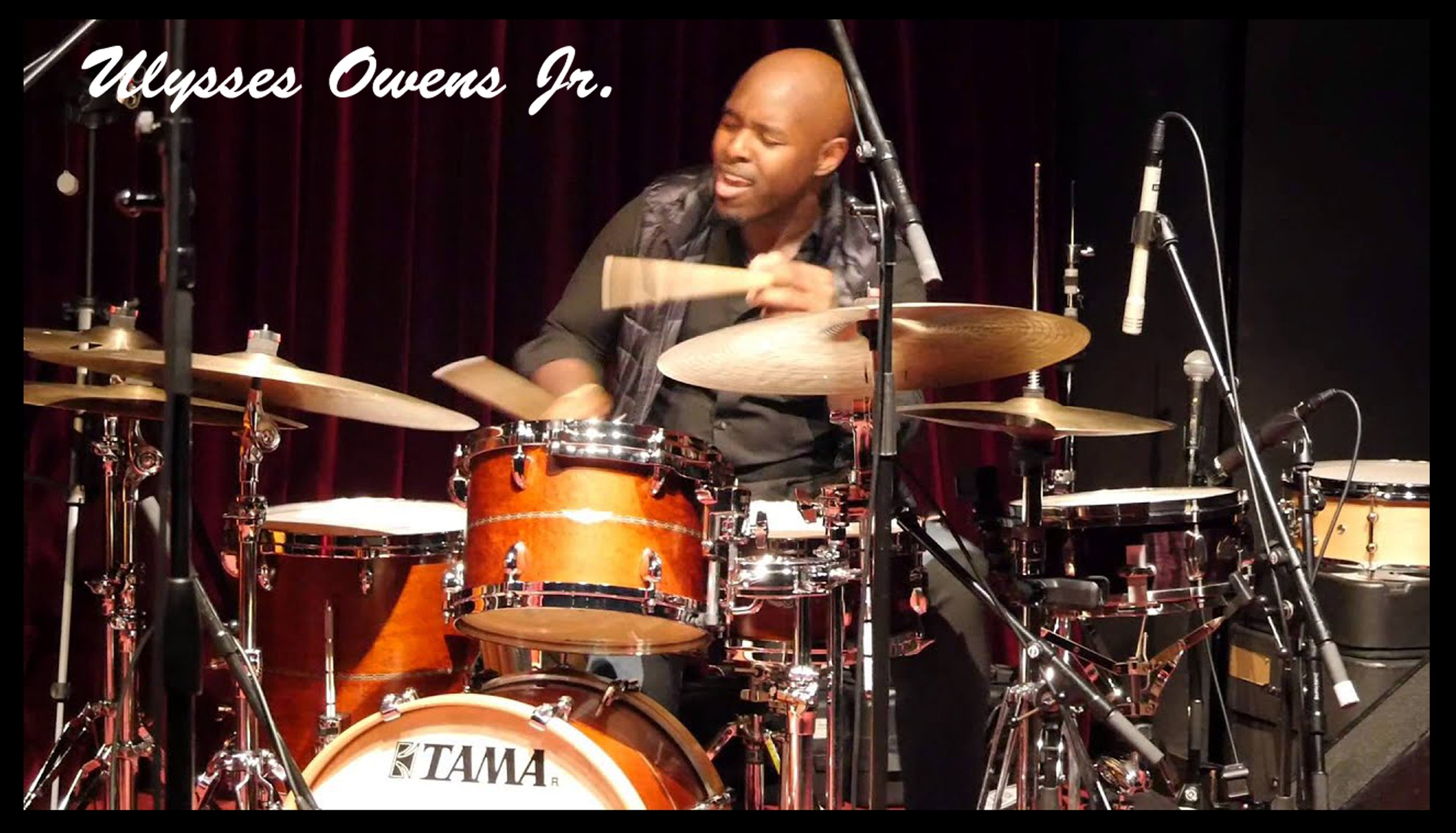Most of the time I find the writer has not done their homework in researching other books to discover what has been published on the same subject. That research can take a lot of time, but it’s necessary if you don’t want to waste your time submitting material that's already available.
Read moreHow to Succeed
Buddy Rich said it well enough: "Be on time, wear a clean shirt and swing your ass off!” Despite Buddy's penchant for homely sweaters, his advice goes a long way toward spelling out the expectations (the basic requirements of the job) of being a pro, or at least desirable. I used to tell my business students something similar: Show up on time, wear the right clothes, and do what you were hired to do to the best of your ability.
Read moreThe Family of Paradiddles
Aside from single and double strokes, paradiddles are the most often used sticking patterns in drumming. In the family of paradiddles there are four standard types—single paradiddles, double paradiddles, triple paradiddles, and paradiddle-diddles. The following highlights each family along with their inversions.
Read moreMy Latest Drum Blog; Jim Blackley Page 97 Up Close and Personal
I am a staunch disciple of renowned drum teacher Jim Blackley. His death in 2018 at the tender age of 86 silenced his voice, but it needn’t cut us off from his legacy and extraordinary teaching.
Read moreI'll see you in the funny papers!
The guitarist was great, but the other members of the group had one pet peeve about him
Read moreSelf drumming car
Move over Tesla!
Read moreFunctional Guide to the Drum Set
Yes, we've preserved the traditional functions, but nowadays we prefer to do more with our instruments.
Read moreCompound or Odd, That is the Question
Ask a musician what kind of time signature is 9/8 and you’ll no doubt get the answer, it’s compound time.
Read moreFaster Still!!!
Faster Still!!!
When a young drummer asks about the best way to develop speed, the usual answer is “practice slowly”. And no, that's not an oxymoron. Your ability to play fast is 100% determined by the amount of control you have over your limbs. And the best way to develop control is through … wait for it … slow, regular, mindful practice.
Jazz Brushes for the Modern Drummer - Reviewing Tradition and Playing Good Time




You may ask, “Ulysses what if I don’t play gigs requiring brushes?”
I believe for any musician who plays the drums, it doesn’t matter. Learning the brushes is part of your due diligence on the drum kit.
Read moreCymbal & Snare Rock Beats in 5/8 Time
Some of you may disagree, but to my mind playing time behind a drum set, whether it be rock, jazz, latin, or any other genre of music has to do mainly with the cymbals and snare.
Read more“Free” is Good, Right?
just how do you decide whether you are going to do a job when there's no money to be had. In short, WIIFMAMB (What's is in it for me and my band)
Read moreAnd now for something completely different!
and now for something completely different!
Read moreFuhgeddaboudit
A few weeks later, as I practiced, I was intrigued with not only how smooth my stroke had become, but also how much speed I'd achieved in a relatively short time. And the key component to this admirable accomplishment? I didn't pay attention.
Read moreRebutting Drumming Myths
4-Way Independence Rules
Our limbs typically cannot act independently, and so we must train them to co-ordinate their actions as a team. We call it independence, but what we're really talking about is “co-ordinated interdependence”... the limbs are co-operating and not acting independently.
Reading Rhythm Across The Bar Line
How to read those awkward across the bar line figures.
Read moreEtude Brute?
The following etude features eighth triplets and parts of eighth triplets.
Read morePracticing Rules !!!
The fifteen commandments of practicing
Of course there are no rules, other than just do it. But there are good ways to practice and not so good ways. My goal for practice time is that it will invariably lead to the development of sound playing and sound playing habits. And it has to be fun.
Read moreHow to Learn a Song in 10 Ounces of Caffeine or Less
Recognition vs. Recall
The goal is not to memorize the entire tune and arrangement. We just need to be able to identify and recognize the various sections as they come along. As long as we can follow the tune, the rest is just a case of getting organized. I like to develop a good understanding of the 'landscape' and leave the details until later. If I were to focus on the drum breaks, for example, I’d miss a lot of important information.
Repeat After Me
The following etude is a primary example of the idea that things sometimes look simpler than they are. It’s comprised of just quarter and eighth notes, but you have to concentrate in order to play from start to finish without stopping and, of course, without making a mistake.
Read more




